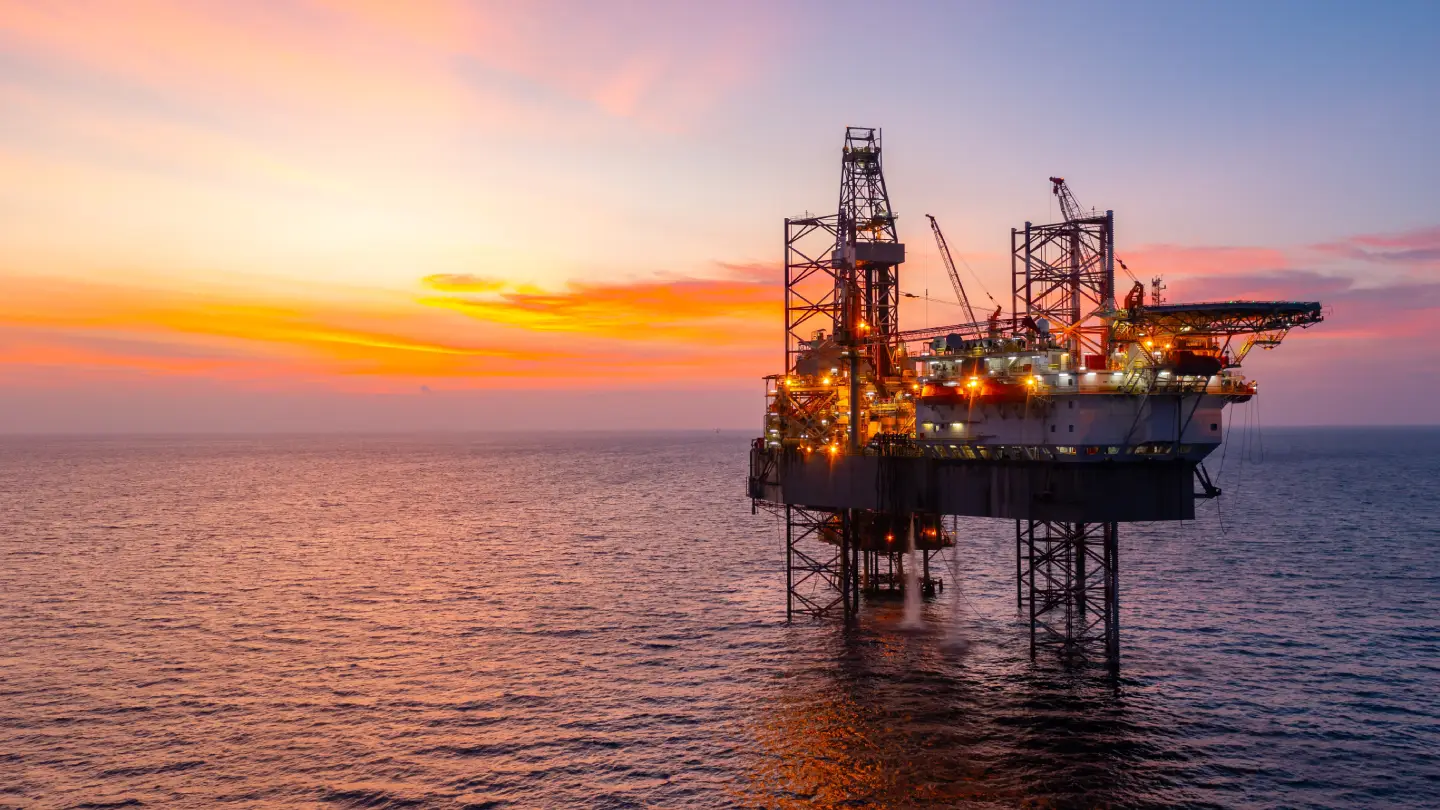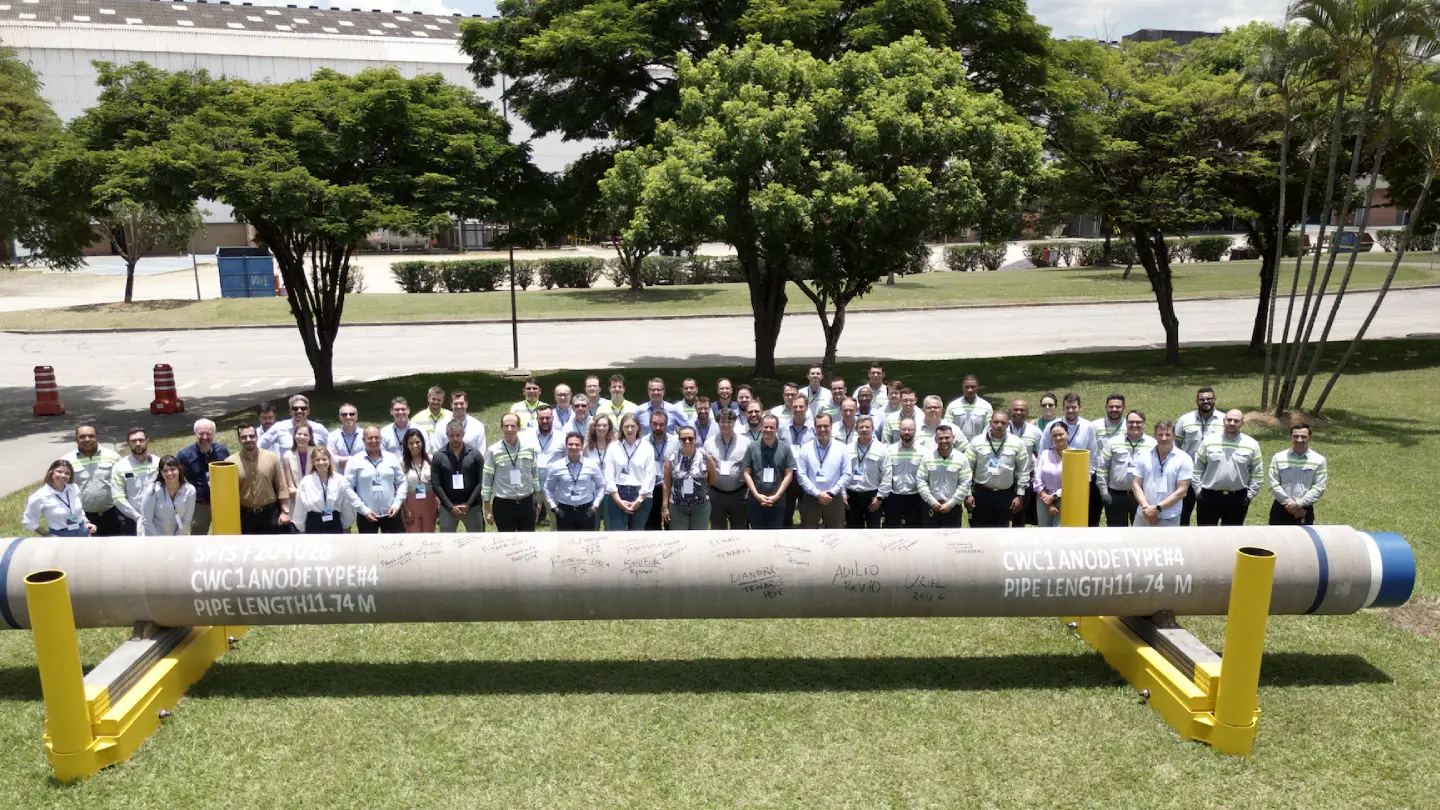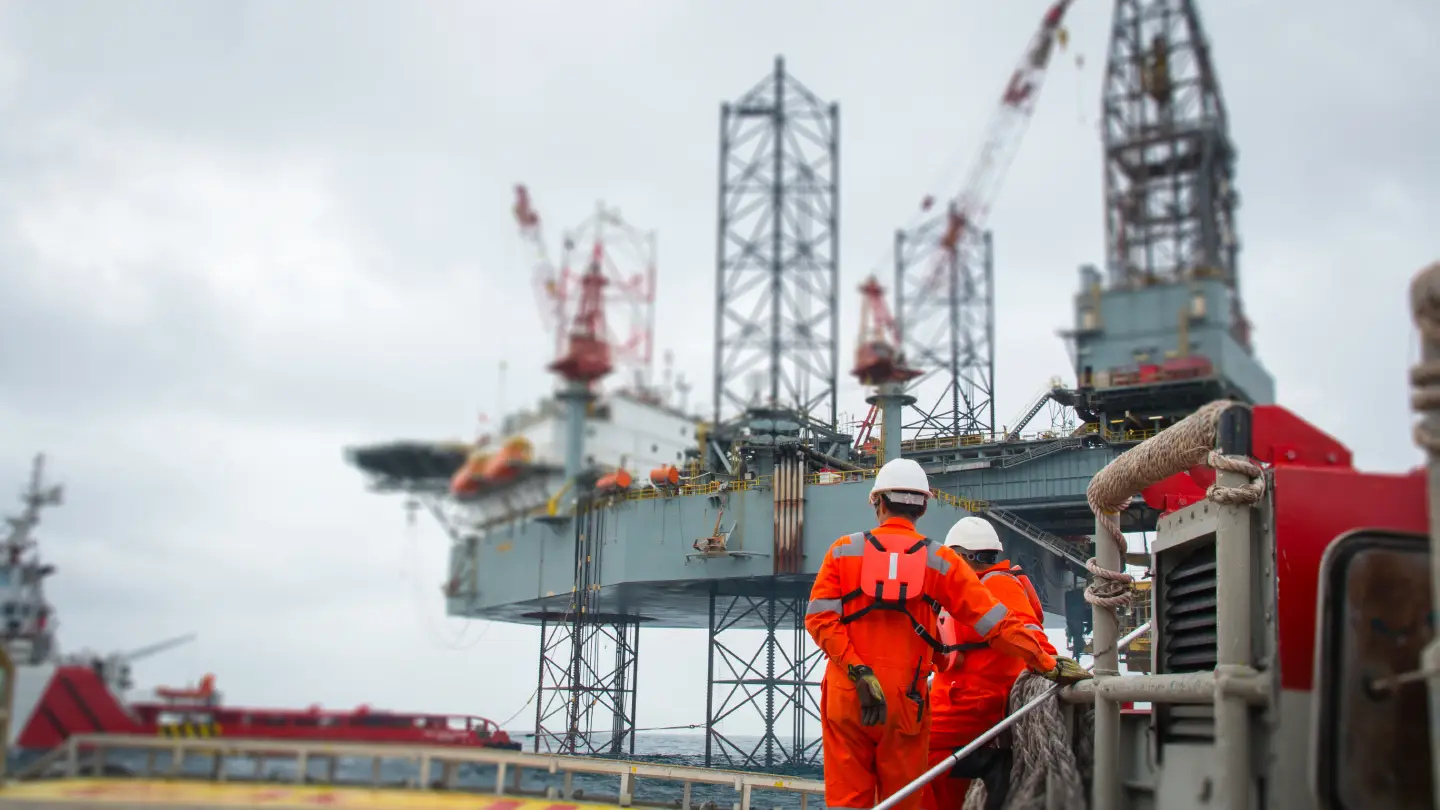The Raia project is an offshore natural gas development situated in Brazil’s Campos Basin, jointly owned by Equinor (35% and operator), Repsol Sinopec Brasil (35%), and Petrobras (30%). It comprises the pre-salt discoveries of Pão de Açúcar, Gávea, and Seat.
With recoverable reserves exceeding 1 billion barrels of oil equivalent (boe), Raia is expected to contribute approximately 15% of Brazil’s total gas demand upon commencement of operations in 2028.
The project represents a substantial investment in Brazil’s energy infrastructure, with an estimated expenditure of $9bn.
Project Location
Raia natural gas and condensate development is situated in the pre-salt region of the Campos Basin, approximately 200km off the coast of Macaé, Rio de Janeiro. The project area lies in water depths reaching up to 2.9km.
Capacity and Infrastructure
The project is designed to export up to 16 million standard cubic metres of gas per day (MSm³/d). The production system includes wells connected to a Floating Production Storage and Offloading (FPSO) unit, which has a processing capacity of approximately 126,000 barrels per day (bpd).
Notably, Raia will be the first project in Brazil to specify gas offshore and deliver it directly to the transmission system without the need for an onshore processing facility. A 200km subsea pipeline will transport the gas from the FPSO to the receiving facility at Cabiúnas, in Macaé.
The initial discoveries within the Raia project were made by Repsol Sinopec in 2010. Equinor assumed operatorship in 2016. Drilling operations are scheduled to commence in 2026, with six wells planned. Production is expected to begin in 2028.
Raia Natural Gas Project Technological Details
Raia’s development incorporates an innovative offshore gas treatment concept. The FPSO unit will be equipped with combined cycle gas turbines, integrating a gas turbine with a steam turbine to harness excess heat, thereby improving efficiency and reducing carbon emissions. This configuration is expected to result in an average CO₂ intensity of less than 6kg per barrel over the field’s lifetime.
Upon commencement of operations, Raia is expected to supply up to 15% of Brazil’s total gas demand, enhancing the country’s energy security. The project is also projected to create up to 50,000 direct and indirect jobs throughout its lifecycle, contributing to economic development.
Contractors Involved
Equinor has awarded a multi-year contract to Valaris for the use of the drillship VALARIS DS-17 in the Raia development. The estimated total contract value is approximately $498m, including Managed Pressure Drilling (MPD) services, rig mobilisation, minor upgrades, and other associated services. The contract spans approximately 852 days, including a 672-day drilling programme set to begin in the first half of 2026.
In support of the project’s subsea infrastructure, Tenaris has completed the production of steel pipes for the 200km gas export pipeline that will connect the FPSO to the Cabiúnas terminal in Macaé. The pipes were manufactured at Tenaris’s Confab welded mill in Pindamonhangaba, São Paulo, with the project reaching a major milestone in early 2024.
In December 2023, BrasFELS Shipyard, a part of the Seatrium Group, was contracted by Offshore Frontier Solutions, a MODEC company, to fabricate key topside modules for the Raia FPSO. These include the vapour recovery unit/flare knockout (VRU/FLARE KO), oil separation and stabilisation modules, and the flowline circulation and metering and utility systems. Fabrication activities are expected to commence in the first quarter of 2024 at the shipyard in Angra dos Reis, Rio de Janeiro.
Saipem has also been contracted for key subsea work on the Raia project. The company announced in November 2023 that it had secured two offshore contracts in Brazil, with one dedicated to the engineering, procurement, construction, and installation (EPCI) of subsea structures, risers, and flowlines for Raia. The combined value of these awards is approximately $1.9bn, and they form part of Saipem’s growing portfolio of EPCI contracts in the Brazilian pre-salt region.
In addition, contracts worth $109m have been awarded to SLB, Baker Hughes, and Halliburton for drilling and well services, further expanding the network of international and domestic suppliers supporting the Raia development.





